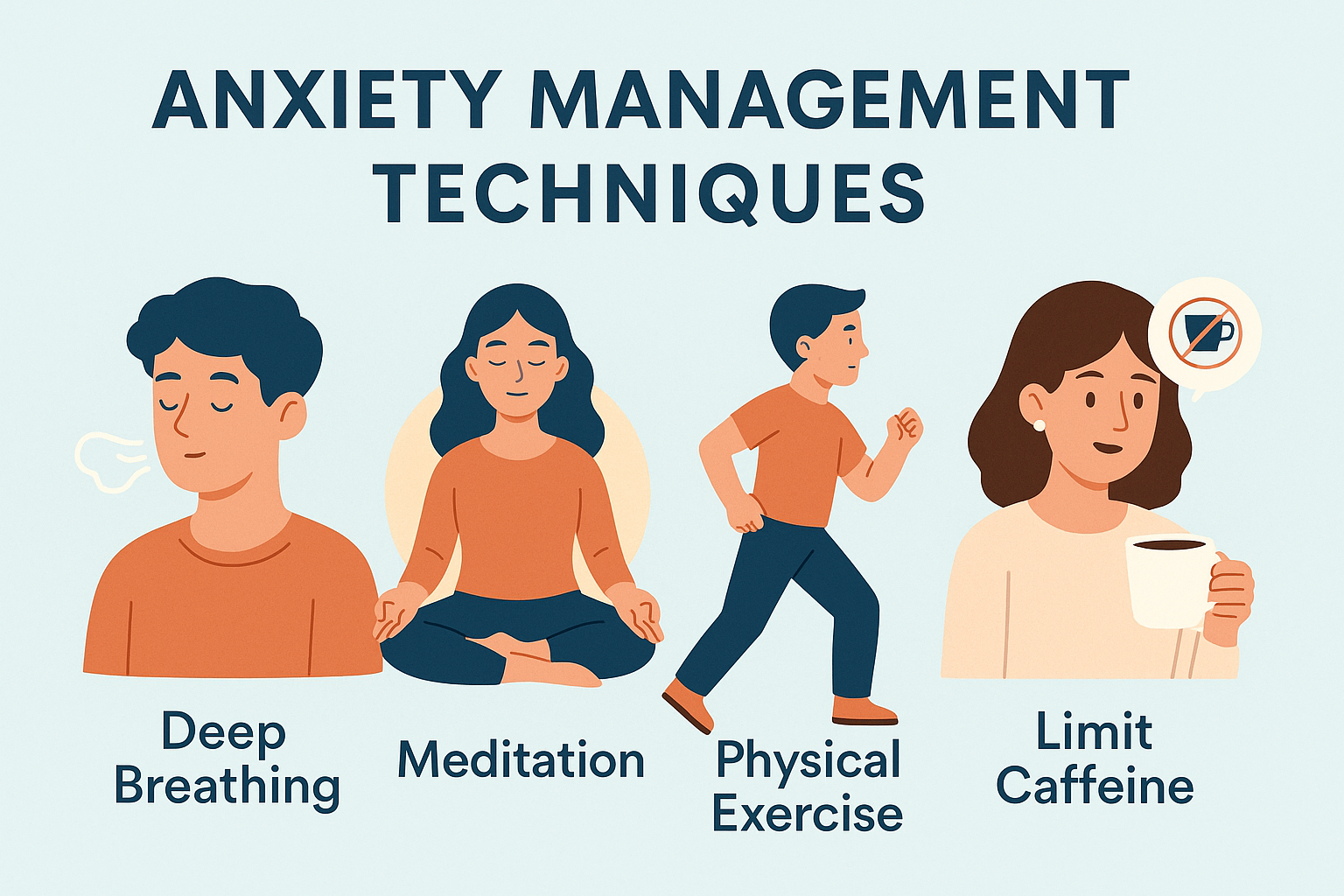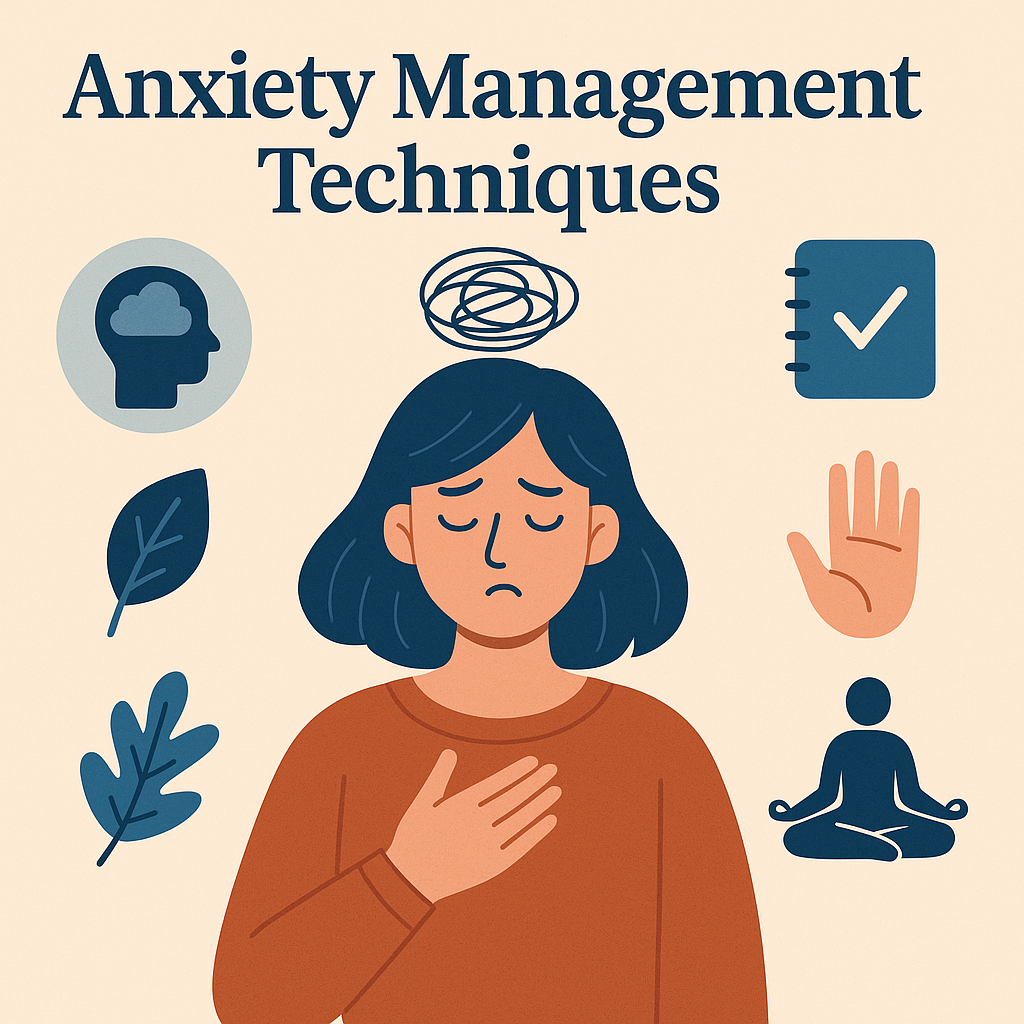Schedule Your Appointment
Our Location
17101 Preston Road, Suite 110
Dallas, TX 75248
Schedule Your Appointment
Our Location
17101 Preston Road, Suite 110
Dallas, TX 75248
Contact Us
Office Hours
Monday-Friday: 10AM–6PM
Saturday:
8AM–3PM
Sunday:
Closed
In addition to in-office appointments, we also offer virtual telehealth sessions.
Contact us to learn more.
Our Services
© 2026
Beckloff Behavioral Health Center










